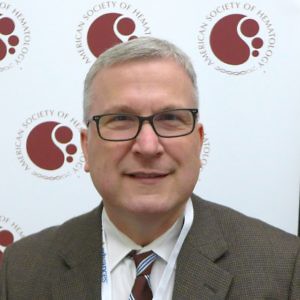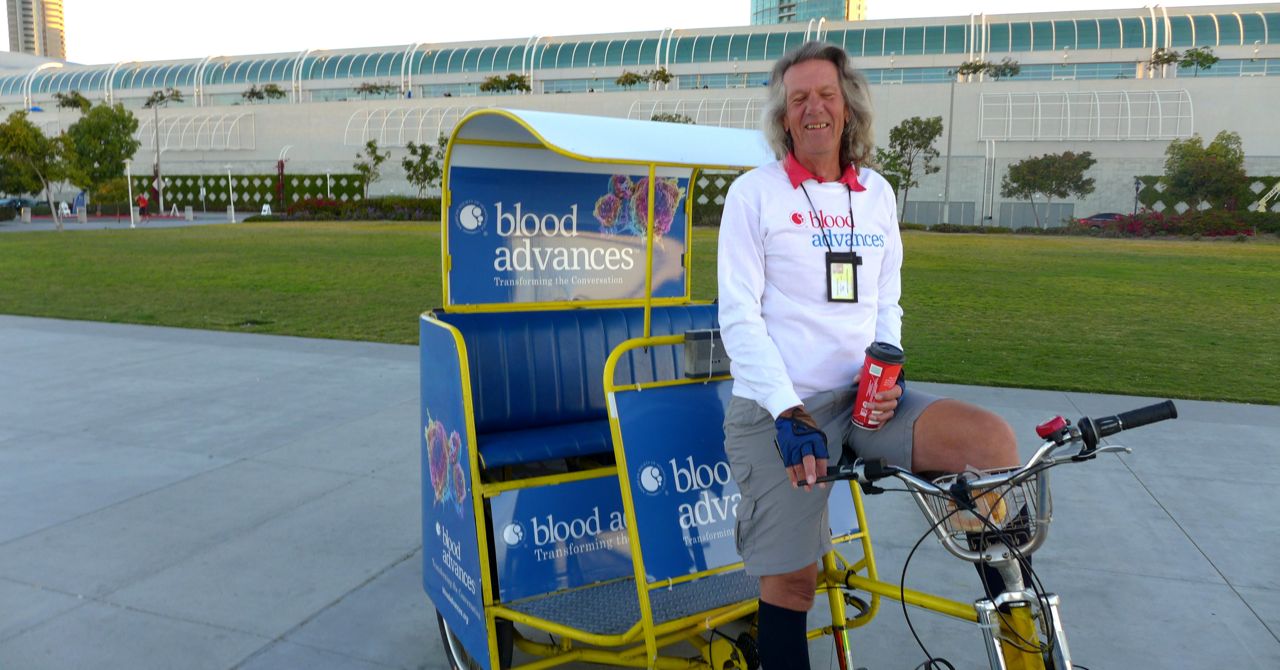ASH17 Preview of emerging therapies for Aggressive Lymphomas
And we’re off on the infamous ASH DASH…

Atlanta Centennial Olympic Park
The annual data drop for the American Society of Hematology (ASH) meeting in Atlanta, Georgia is finally here.
Each year we write a series of in-depth previews ahead of the event exploring different aspects of hematologic malignancies in terms of what’s important, what to watch out for, and also key abstracts that may (or may not) have an impact.
This year we kick off the first of our series with a look at aggressive lymphomas and novel therapies in development including CAR T cell therapies, antibodies, ADCs and targeted therapies. There are some surprsies (of course) and also some potentially interesting relationships and consequences to consider.
To learn more insights on this intriguing topic, subscribers can log-in or you can click to gain access to BSB Premium Content.
This content is restricted to subscribers



 In this initial post, I’m sharing my first impressions of what may be some hotly contested trials at ASH16 in San Diego, as well as a few intriguing abstracts with combination data that caught my attention.
In this initial post, I’m sharing my first impressions of what may be some hotly contested trials at ASH16 in San Diego, as well as a few intriguing abstracts with combination data that caught my attention. First off, the FDA approved AbbVie/Genentech’s venetoclax, now known as Venclexta, in a subset of CLL patients with 17p deletions. These patients have a historically poor prognosis and the approval goes some way to addressing the high unmet medical need.
First off, the FDA approved AbbVie/Genentech’s venetoclax, now known as Venclexta, in a subset of CLL patients with 17p deletions. These patients have a historically poor prognosis and the approval goes some way to addressing the high unmet medical need.